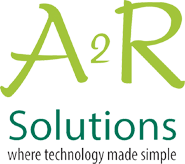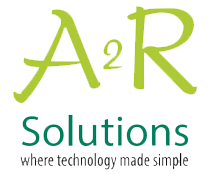
What is ERP and how does it work?
ERP (Enterprise Resource Planning) is a type of software used by organizations to manage and integrate the key functions of their business. An ERP system centralizes all the core processes in a company into a single unified system, allowing various departments to communicate and share data more efficiently. These departments typically include finance, human resources, procurement, manufacturing, supply chain, and customer relationship management (CRM).
How ERP Works:
- Integration of Processes: ERP systems combine multiple business processes into one software platform. For example, when a company receives an order, the ERP system can automatically trigger necessary actions in inventory, accounting, and production to fulfill that order.
- Real-time Data Sharing: Information entered in one department is made available to other departments in real time. This eliminates the need for manual data entry and reduces errors. For example, sales data is instantly available to finance for invoicing, and inventory updates are visible to purchasing and production teams.
- Centralized Database: ERP uses a single, shared database. This ensures data consistency across the organization and provides a single source of truth. Everyone in the company can access up-to-date information, leading to better decision-making and collaboration.
- Automation of Tasks: ERP automates repetitive and routine tasks, such as order processing, payroll, and reporting. Automation reduces the time spent on these tasks and frees employees to focus on more strategic work.
- Customizable Modules: ERP systems are modular, meaning companies can choose specific modules based on their needs (e.g., finance, human resources, or production) and integrate them as needed. This flexibility allows businesses of different sizes to scale the system as they grow.
- Reporting and Analytics: ERP systems provide powerful reporting tools. They allow users to generate real-time reports, analyze data trends, and track performance across various departments. This helps in forecasting, budgeting, and decision-making.
Benefits of ERP:
- Efficiency and Productivity: Streamlined processes reduce duplication of effort and minimize manual data entry.
- Improved Accuracy: The centralized database ensures data consistency, reducing errors caused by redundant or conflicting information.
- Better Collaboration: Real-time data sharing enables better collaboration between departments.
- Scalability: ERP systems are designed to grow with the business, making it easier to add new users or integrate new processes.
- Regulatory Compliance: Many ERP systems include tools to ensure compliance with industry standards and regulations.
In summary, ERP systems help organizations run more efficiently by centralizing data, automating tasks, and improving collaboration across departments.
Are you looking for accounting software companies in Dubai, business accounting software companies in Dubai, HR & Payroll software companies in Dubai, sage 50 UK accounting software in Dubai or sage 300 erp in Dubai at very competitive pricing? Contact us for accounting software companies in Dubai, business accounting software companies in Dubai, HR & Payroll software companies in Dubai, sage 50 UK accounting software in Dubai or sage 300 erp in Dubai at very genuine pricing.



